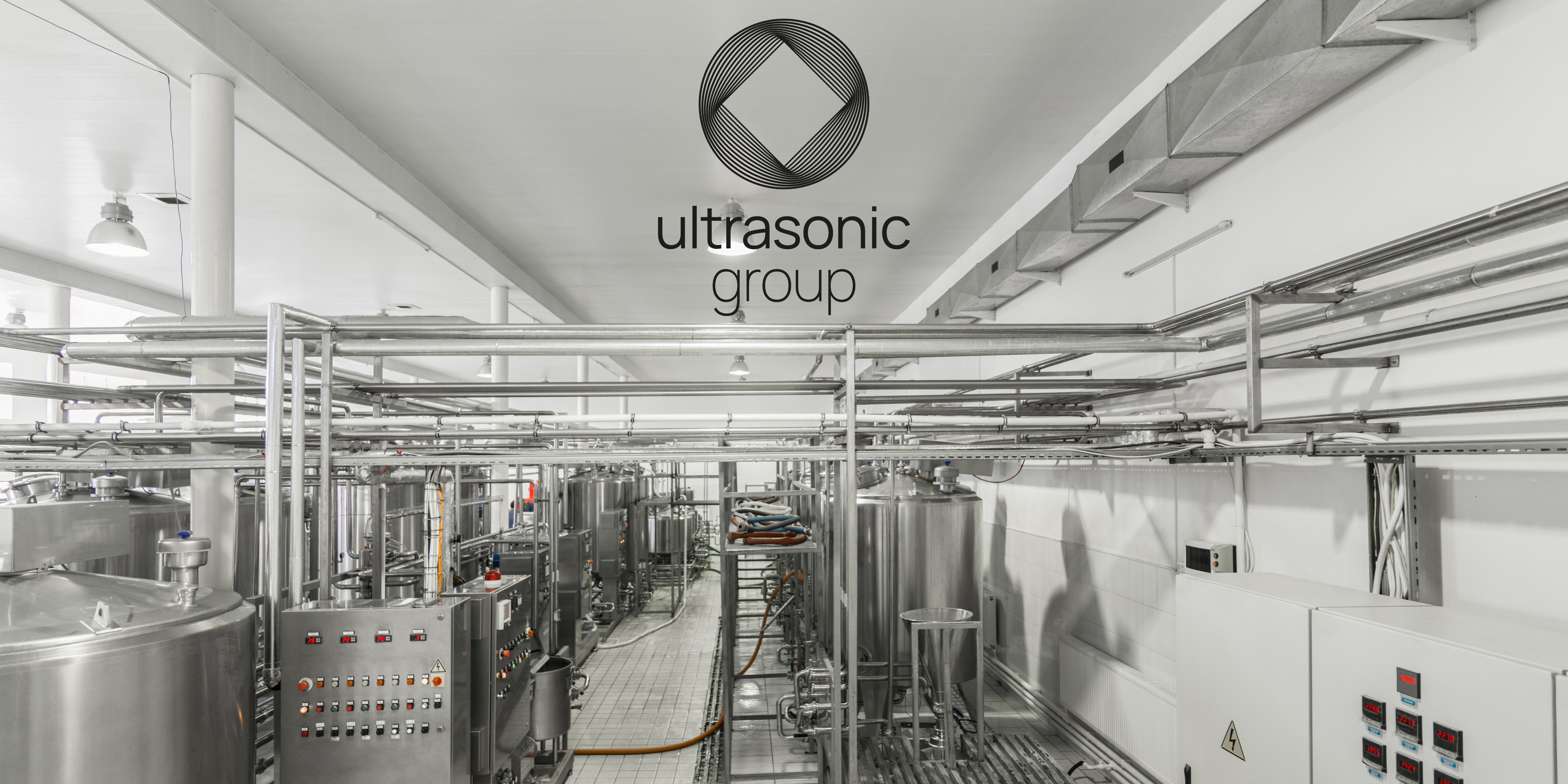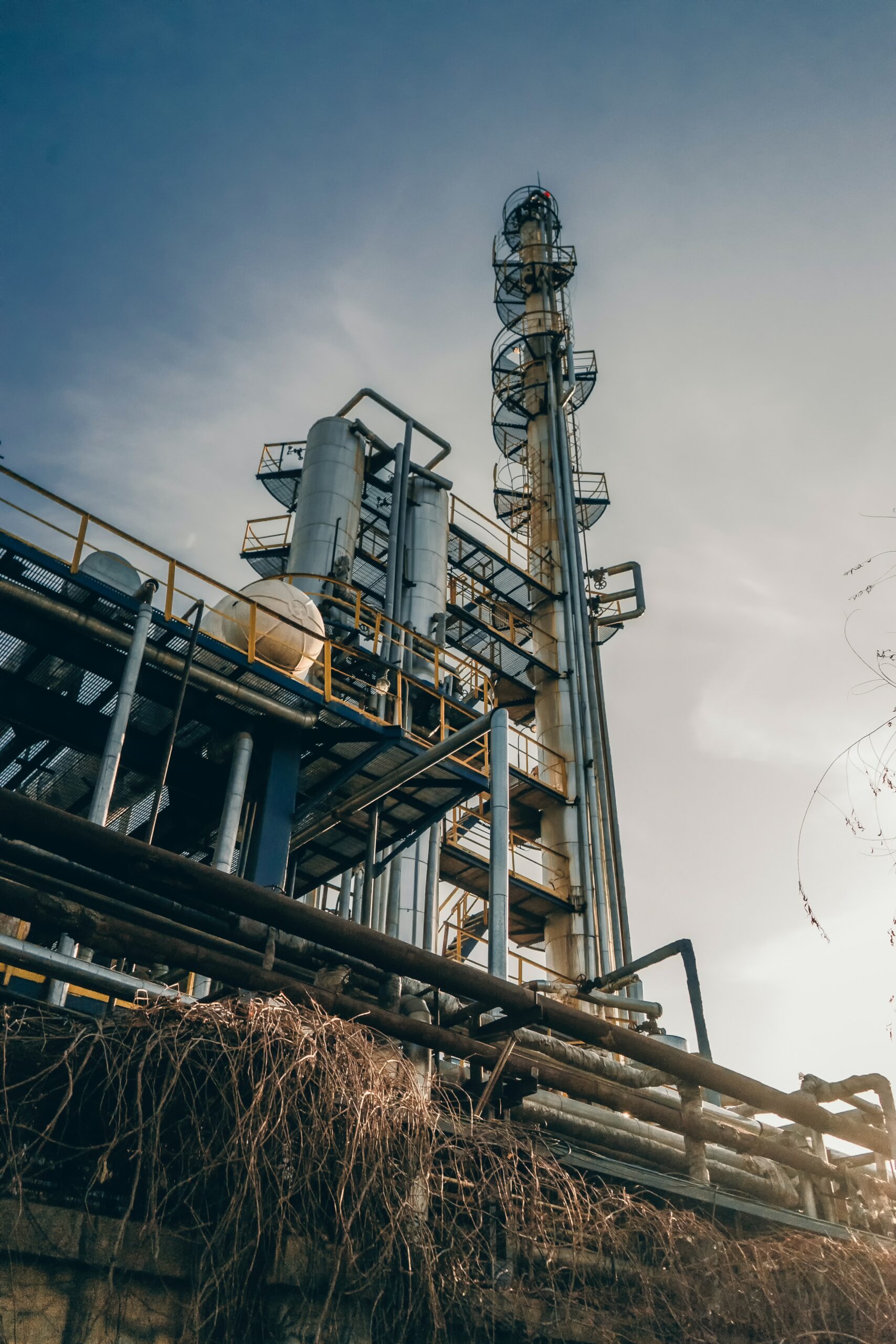Just like pipes, mixers, plate coolers, and heat exchangers in factories also need maintenance. With process equipment, one often sees that efficiency decreases as more fouling are formed. Of course, this does not happen without consequences.

If plate coolers are not maintained on time, this has an enormous impact on the efficiency of the installation. The reason for this is the fouling that forms on the plate, which causes a decrease in the performance of the heat transfer capacity. In general, fouling is explained as an accumulation of unwanted materials, in this case, scale and algae. For this reason, it is very important that timely maintenance is done, and the deposits on the plate are removed. Also, when mixers become clogged this will have an impact on the operation of the mixer. A consequence of this can be that production will have to be stopped or the factory will even have to close its doors for a while to be able to solve the problem.
When it comes to the heat exchangers in factories, people often try as hard as they can to keep these installations free of scale, corrosion, and biological fouling. Corrosion is caused by a kind of chemical reaction between the surface material and the heat exchanger.

Since it is not an easy task to remove scale from industrial plants in a mechanical way, people start working with chemicals. This, of course, has a huge impact on the environment. The more fouling deposits are present on process equipment, the more it will negatively impact the operational efficiency of these devices.
A lot of industries have economic consequences from this. For example, it has been estimated that losses from fouling on heat exchangers range from 0.25% to 30% of their GDP. To eliminate fouling of process equipment, the costs are between 40,000 and 50,000 euros per heat exchanger.
Sources